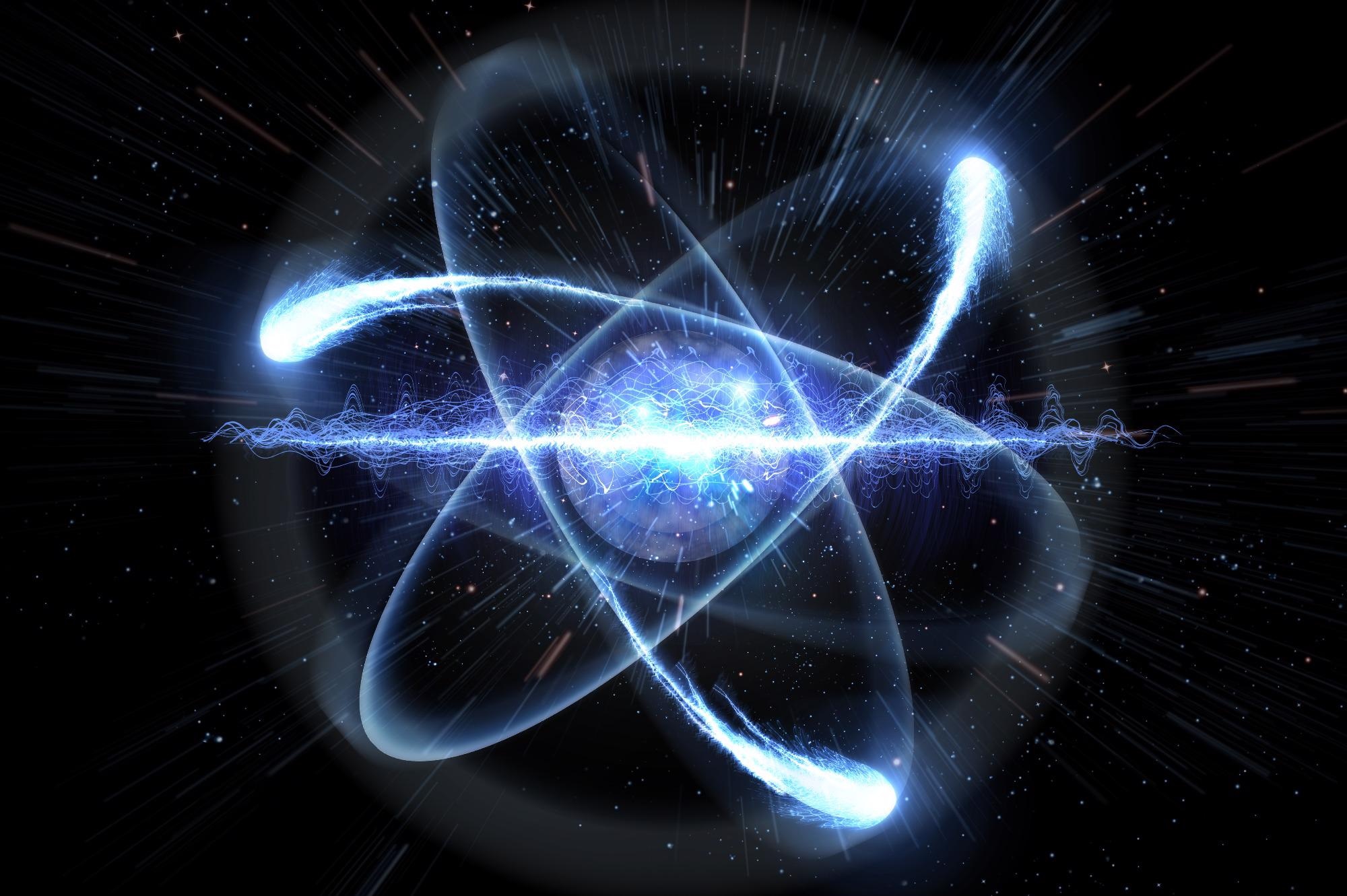At present, the standard model is known to be the most successful theory for learning particles and their interactions. But it still fails to consider a few essential astronomy observations, like the presence of dark energy and dark matter.

Image Credit: Shutterstock.com/ Ezume Images
Normally, physicists believe that new particles exist beyond the standard model, which send new interactions between standard model particles. As a result of the weak effect of exotic interaction, looking for exotic interactions is extremely difficult. Nonetheless, it is urgent to explore new techniques of which will enhance the experimental sensitivity.
In a study reported in the journal Science Advances, the research group headed by Professor Xinhua Peng from the University of Science and Technology of China of the Chinese Academy of Sciences, along with Professor Dmitry Budker from Helmholtz Institution, identified ultra-high accuracy search of exotic spin- and velocity-dependent interactions beyond the standard model.
They amplified the magnetic field signal of exotic interactions at a minimum of two orders of magnitude and employed the method to investigate exotic velocity interactions depending on their newly designed quantum spin-based amplifier.
In the current research, scientists rotated a high-density Bi4Ge3O12 (BGO) crystal at high speed to cause the interaction between the BGO crystal and the xenon nucleus in the spin-based amplifier.
This exotic interaction seems to be comparable to producing an alternating oscillating magnetic field on the nucleus. Thus, the measurement of the exotic interaction could be transformed into magnetic field detection. The quantum spin-based amplifier has the ability to amplify the magnetic field to be quantified at ultra-low noise levels. This greatly enhances the sensitivity of the exotic interaction search.
Given the possible interference of technical noise, scientists took advantage of the velocity dependence of the exotic interaction to efficiently remove the interference signals like classical and vibration magnetic field.
No evidence was discovered by the scientists to suggest the presence of new particles in the search area, and thus suggested a new class of bosons-nucleus coupling constraint. This was considered to be at least two orders of magnitude bigger compared to that of the early international optimal constraint.
This study illustrated the unique benefits of the spin-based amplifier to study new physics theories beyond the standard model.
Journal Reference:
Su, H., et al. (2021) Search for exotic spin-dependent interactions with a spin-based amplifier. Science Advances. doi.org/10.1126/sciadv.abi9535.